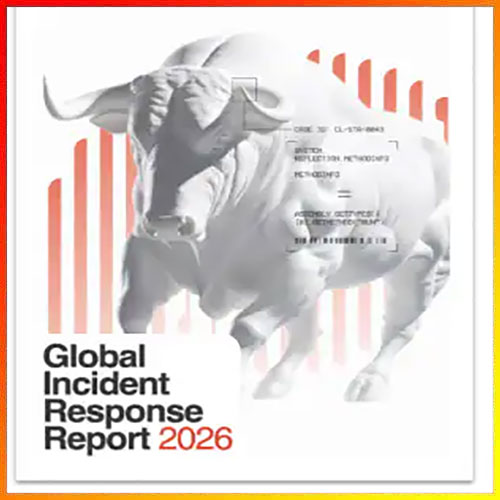
The AI’s rise-especially in natural language processing-has been swift and astonishing.
Systems like GPT-3 and GPT-4 showcase remarkable capabilities: from generating fluent text and creative content to translating languages and answering complex queries.
The advancements in AI marks a clear leap from previous generations, enabled by faster GPUs, abundant data, cutting-edge architectures like Transformers, and significant investments.
Yet, the question remains-can this pace of progress continue? Despite impressive results, current models often lack true comprehension.
Much of their functionality stems from statistical pattern recognition, not genuine understanding. Limitations persist around context retention, ambiguity handling, and basic reasoning.
As many experts note, scaling models further may not lead to artificial general intelligence. Achieving human-like understanding could require new paradigms altogether.
Meanwhile, the resource demands of training such large models—both in terms of computation and energy—raise critical sustainability concerns.
Another complex issue is personality simulation. While ChatGPT can adopt tones and styles, it does not possess consciousness, intent, or emotion.
Its outputs are statistical approximations-not reflections of internal thought or experience.
The “Chinese Room” analogy captures this disconnect: ChatGPT manipulates language without truly grasping meaning.
Moreover, its responses often reflect the biases in its training data, which can unintentionally perpetuate stereotypes or misinformation.
Ethical concerns also arise when AI convincingly mimics empathy.
If users perceive AI as genuinely understanding, the risk of manipulation increases.
Should AI aim to feel human—or simply communicate clearly and respectfully?
Ultimately, AI should prioritize reliability, fairness, and safety—not artificial personality. The goal isn’t to humanize machines, but to ensure they serve humanity meaningfully.
See What’s Next in Tech With the Fast Forward Newsletter
Tweets From @varindiamag
Nothing to see here - yet
When they Tweet, their Tweets will show up here.





























